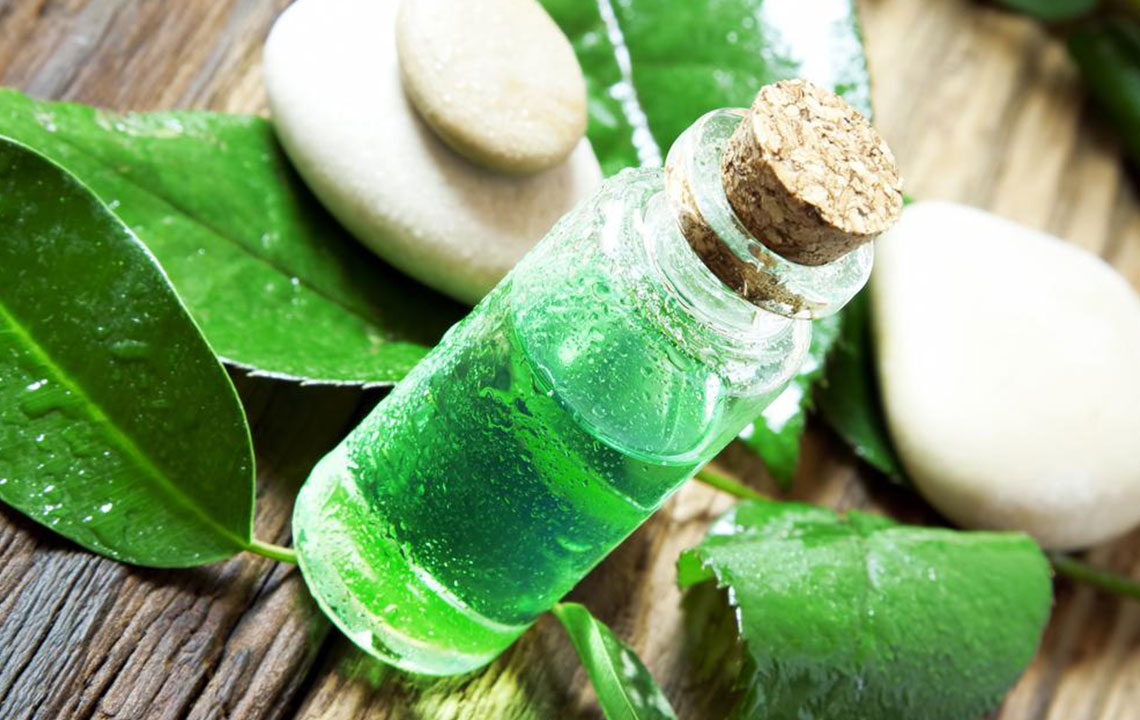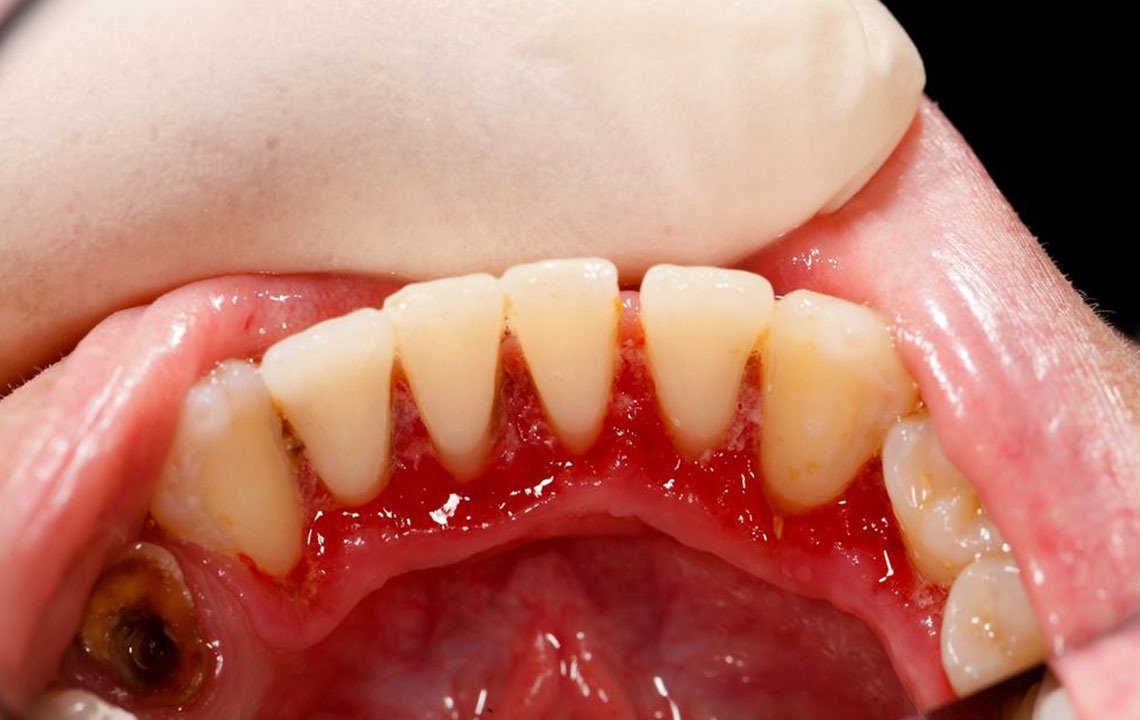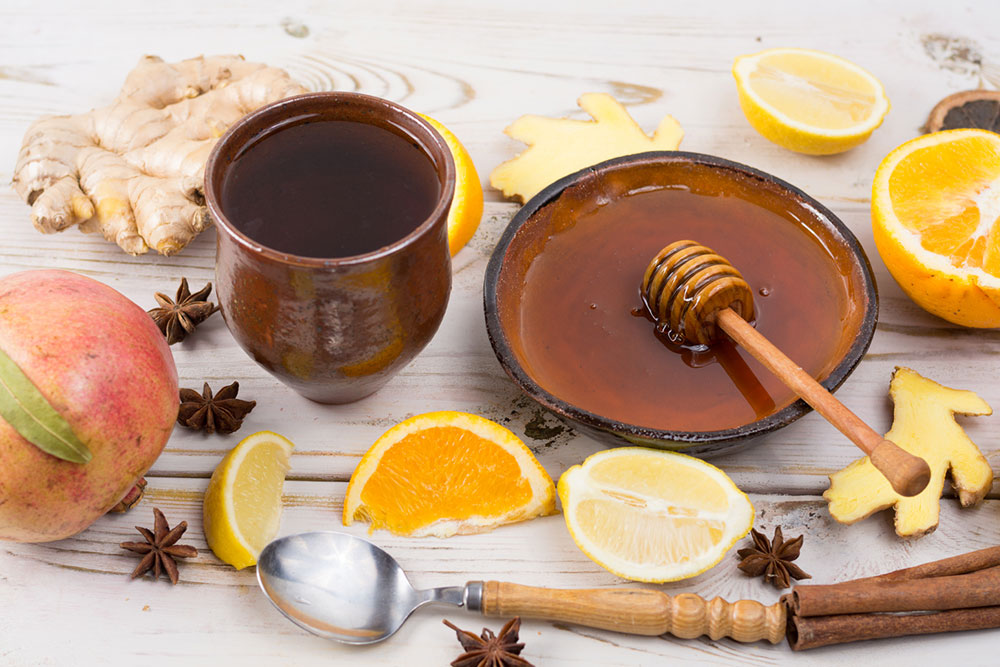Comprehensive Natural Strategies to Heal Gum Infections from Home
Discover effective natural remedies to treat gum infections at home. This detailed guide covers proven methods like hydrogen peroxide rinses, herbal extracts, dietary tips, and lifestyle changes, empowering you to promote healthy gums safely and inexpensively. Maintain oral health with these natural solutions and prevent the progression of gingivitis into more serious periodontal diseases.

Comprehensive Natural Strategies to Heal Gum Infections from Home
Gum infections, medically referred to as gingivitis, are common oral health issues that arise due to inadequate dental hygiene, leading to inflammation of the gums. This condition, if left untreated, can escalate into more severe periodontal diseases. Although professional dental care is essential for advanced cases, many mild gum infections can be effectively managed at home using natural remedies. These methods are based on ingredients readily available in most households or health stores, and they focus on combating bacteria, reducing inflammation, and supporting tissue healing.
Understanding the causes and early symptoms of gum infections is crucial for timely intervention. Factors such as poor oral hygiene, high sugar diets, hormonal fluctuations, smoking, stress, certain medications, and systemic conditions like diabetes can predispose individuals to gingival issues. Recognizing bleeding gums, bad breath, swelling, redness, or gum tenderness enables early action to prevent progression to more serious conditions like periodontitis, which can threaten overall oral health.
While maintaining a rigorous oral hygiene routine is fundamental — including brushing at least twice daily, flossing daily, and using mouthwash — incorporating natural remedies can enhance healing. These remedies harness the innate antimicrobial, anti-inflammatory, and tissue-healing properties of specific ingredients to soothe irritated gums and eliminate pathogenic bacteria. Here are some of the most effective natural options to consider for home treatment of mild gum infections:
Hydrogen Peroxide
Hydrogen peroxide (H₂O₂) is renowned for its strong antibacterial and disinfectant capabilities. It aids in reducing plaque formation and assists in healing inflamed gums. For home use, a 3% hydrogen peroxide solution should be diluted with equal parts water. Swish the mixture gently in your mouth for about 30 seconds to 1 minute, then spit out—avoid swallowing. This practice helps remove bacteria and freshens breath effectively. For enhanced remineralization and whitening effects, you can mix a teaspoon of baking soda with a small amount of hydrogen peroxide to form a gentle paste. Carefully brush this paste onto your gums and teeth, paying special attention to affected areas. After brushing, rinse thoroughly with water to remove residual solution. Use this remedy 2-3 times a week for optimal results.
Cranberry Juice and Vitamin C Foods
Cranberries are rich in vitamin C and other antioxidants that inhibit harmful bacteria responsible for plaque buildup. Drinking two tablespoons of pure, unsweetened cranberry juice daily can help discourage bacterial adhesion on teeth and promote healthier gums. Additionally, incorporating other natural sources of vitamin C such as citrus fruits, guava, amla (Indian gooseberry), broccoli, and papaya into your daily diet can boost your immune response and support tissue repair, reducing the risk of gum infections.
Sea Salt Rinse
Sea salt contains essential minerals that facilitate healing and have natural antibacterial properties. Dissolve one teaspoon of sea salt in a cup of warm water. Use this solution as a mouthwash several times daily, especially after meals. Swish to help reduce gum pain, swelling, and bacteria, and to promote tissue regeneration. Sea salt rinses are inexpensive, easy to prepare, and highly effective in soothing inflamed gums.
Aloe Vera Gel and Juice
Aloe vera is widely valued for its anti-inflammatory, antimicrobial, and soothing properties. Applying fresh aloe vera gel directly on inflamed gums can reduce pain and promote healing. Alternatively, rinse your mouth with aloe vera juice two to three times daily. Consuming two teaspoons of aloe vera juice each day may also support internal healing and boost your body's natural defenses against infection. Ensure the aloe vera gel is pure and free from additives before topical application.
Tea Tree Oil
Known for its potent antiseptic properties, tea tree oil can be used as an adjunct in oral care. Use dental gel formulations containing tea tree oil or add a few drops of high-quality oil to your regular toothpaste before brushing. Alternatively, dilute a few drops in a carrier oil and apply carefully to affected gums using a cotton swab. Regular use can reduce bleeding, inflammation, and bacterial presence, making it a natural remedy for gingivitis. However, never swallow undiluted tea tree oil, and perform a patch test before use to avoid sensitivity.
Coconut Oil Pulling
Oil pulling is an ancient Ayurvedic practice that involves swishing oil in the mouth to remove toxins and bacteria. Coconut oil is highly effective due to its antimicrobial lauric acid content. Take a tablespoon of coconut oil and swish it around your mouth for 15-20 minutes, ensuring it reaches all areas of your gums. Spit out the oil afterward and rinse thoroughly with water. Regular oil pulling can help reduce plaque, prevent infection, and support gum health. Perform daily or at least several times per week for best results.
Black Tea and Chamomile Tea
Black tea contains tannic acid, which can help reduce inflammation and alleviate gum pain. Placing a cooled, steeped tea bag directly on inflamed areas provides immediate relief and promotes healing. Chamomile tea, known for its anti-inflammatory and soothing properties, can be used as a rinse after it has cooled to help reduce swelling and discomfort. Both teas are natural, cost-effective options to support oral healing processes.
Myrrh Tincture
Myrrh has been used historically for its antiseptic and healing qualities. Prepare a mouth rinse by diluting a few drops of myrrh tincture in water. Use this rinse two to three times daily to help manage sore gums and fight infections. Its natural antiseptic effect makes it a valuable herbal remedy in supporting gum tissue healing.
Remember, natural remedies should complement a consistently maintained oral hygiene routine. Regular brushing with a soft-bristled toothbrush, flossing, and routine dental check-ups are the foundation of healthy gums. If symptoms persist for more than a week, worsen, or if there is persistent bleeding, pain, or pus, consult a dental professional promptly, as these may indicate more serious conditions requiring medical intervention. The combination of proper oral care and natural remedies can significantly improve gum health and prevent future infections, ensuring a healthier mouth and a brighter smile.





